Affiliate links on Android Authority may earn us a commission. Learn more.
How to set up Chromebook parental controls
Published onJune 13, 2022
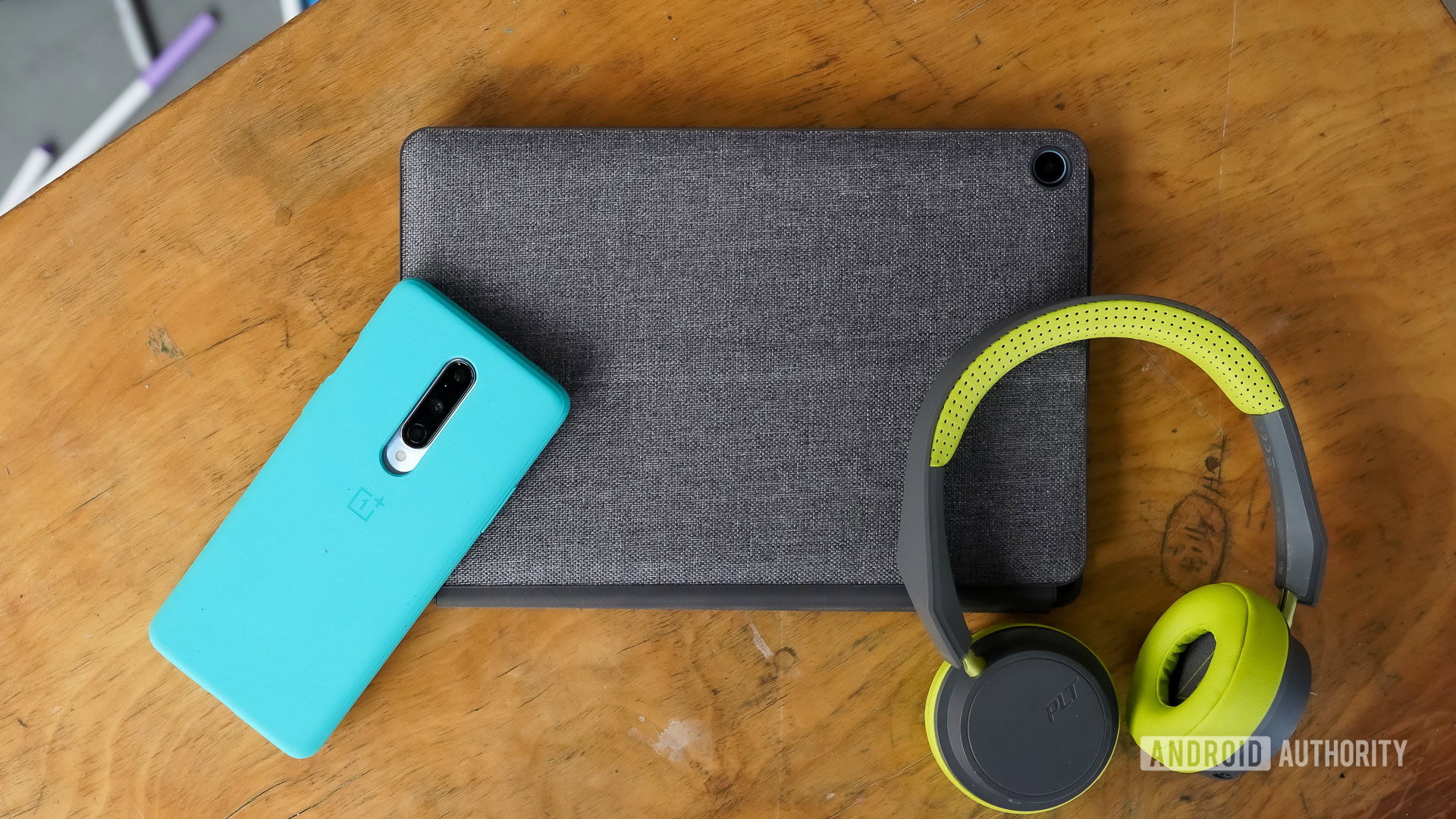
Google’s solution for supervising what other users are doing on Chromebooks is called Google Family Link. You can use Google Family Link to set up parental controls for your children’s Chromebooks. Here’s how to set it up.
QUICK ANSWER
To set up parental controls on a Chromebook, you will need to set up the Chromebook (updated to Chrome OS 71 or newer) with the parent's account first and then add the child's account. You can then set parental controls using the Google Family Link app on your Android phone, iPhone, or web.
JUMP TO KEY SECTIONS
Device requirements for parental controls on Chromebooks
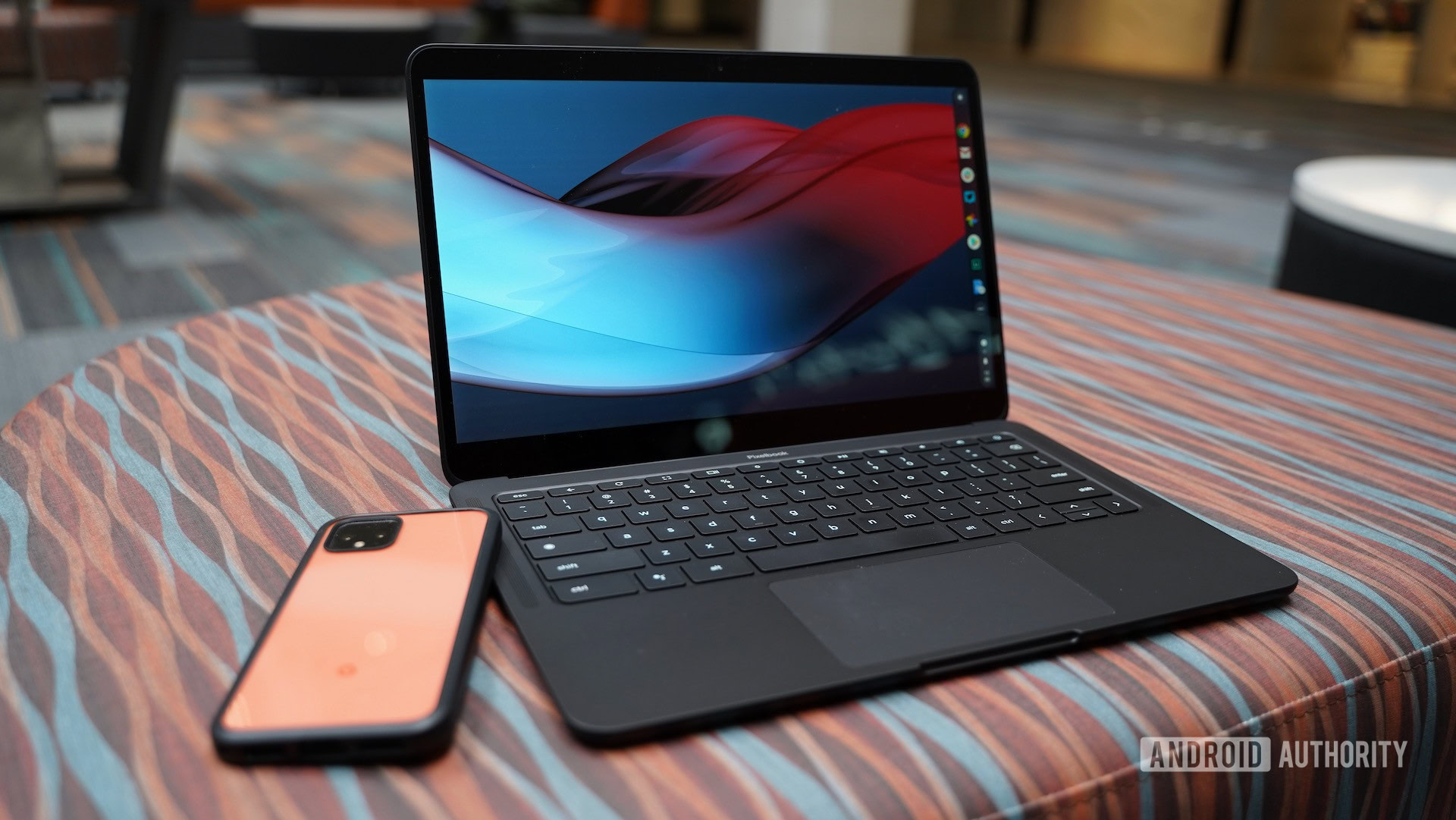
Parents will need Android devices running at least Android 7.0 Nougat, or an Apple device running at least iOS 11, to use Chromebook parental controls with Google Family Link. The Chromebook in question will need to run at least Chrome OS 71. If your Chromebook isn’t updated, don’t forget to check out our step-by-step guide on how to do so below.
Read also: How to update your Chromebook
Setting up Chromebook parental controls
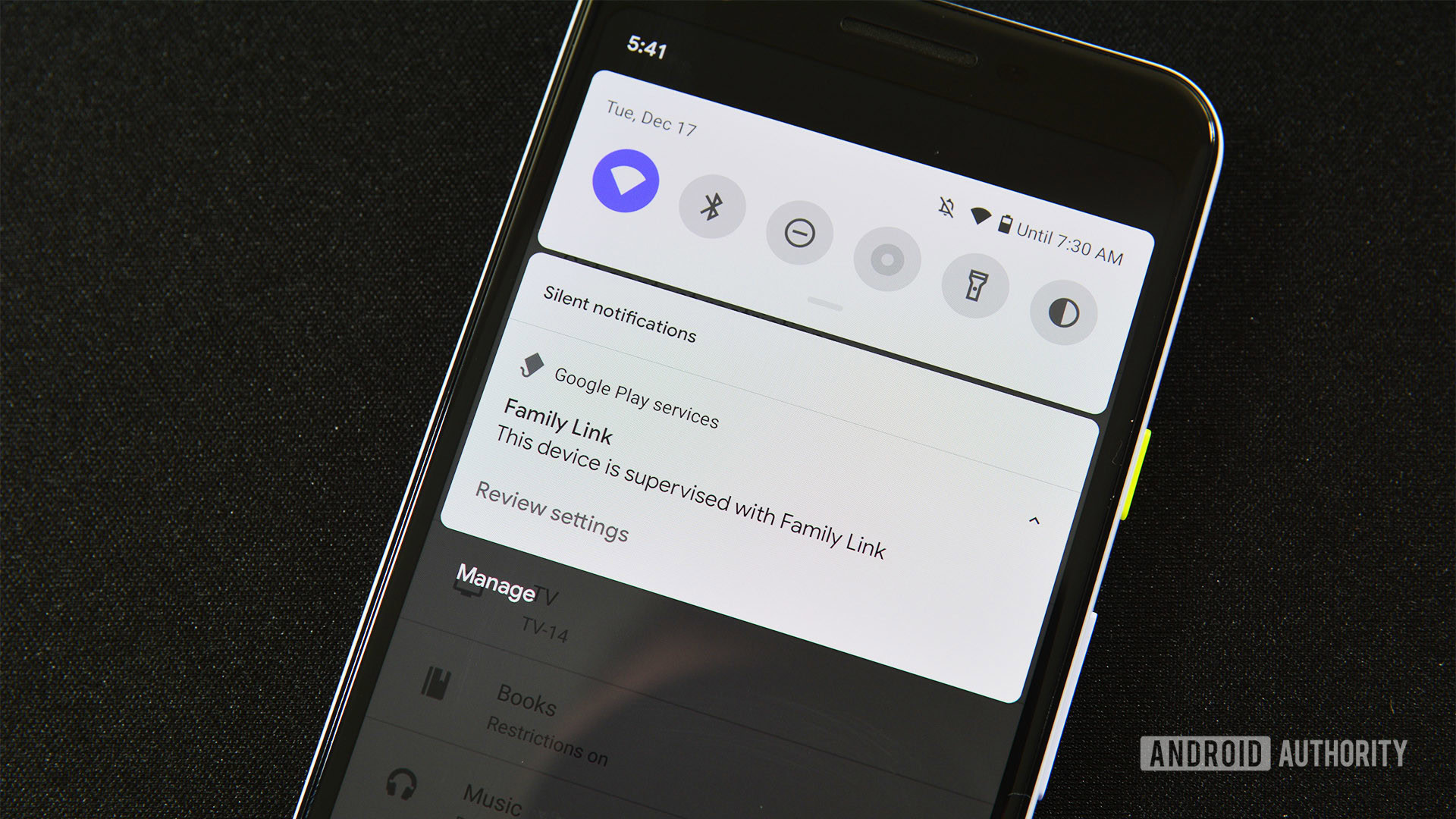
- First, download and use the Google Family Link app on your phone to set up an account for your child.
- If it is a new Chromebook, follow the setup process and sign in with your (parent) account. This is vital, as the first account used to sign in becomes the owner account and has access to special privileges. Skip to the next step if the Chromebook is already active.
- Now, add your child’s account to the Chromebook.
We recommend you disable guest mode and control who can sign in to your child’s Chromebook. If the guest mode or the ability to add new users is available, your child may be able to bypass the Chromebook’s parental controls.
To disable guest mode:
- Sign in to the Chromebook with the Owner (parent) account. Click the account photo and go to Settings.
- In the People section, go to Manage Other People.
- Turn on Restrict sign-in to the following users. You will see a list of accounts added to the Chromebook and be able to add and remove them accordingly.
- Turn off Enable Guest Browsing.
See also: The best Chromebooks you can buy
Chromebook parental control features in Google Family Link
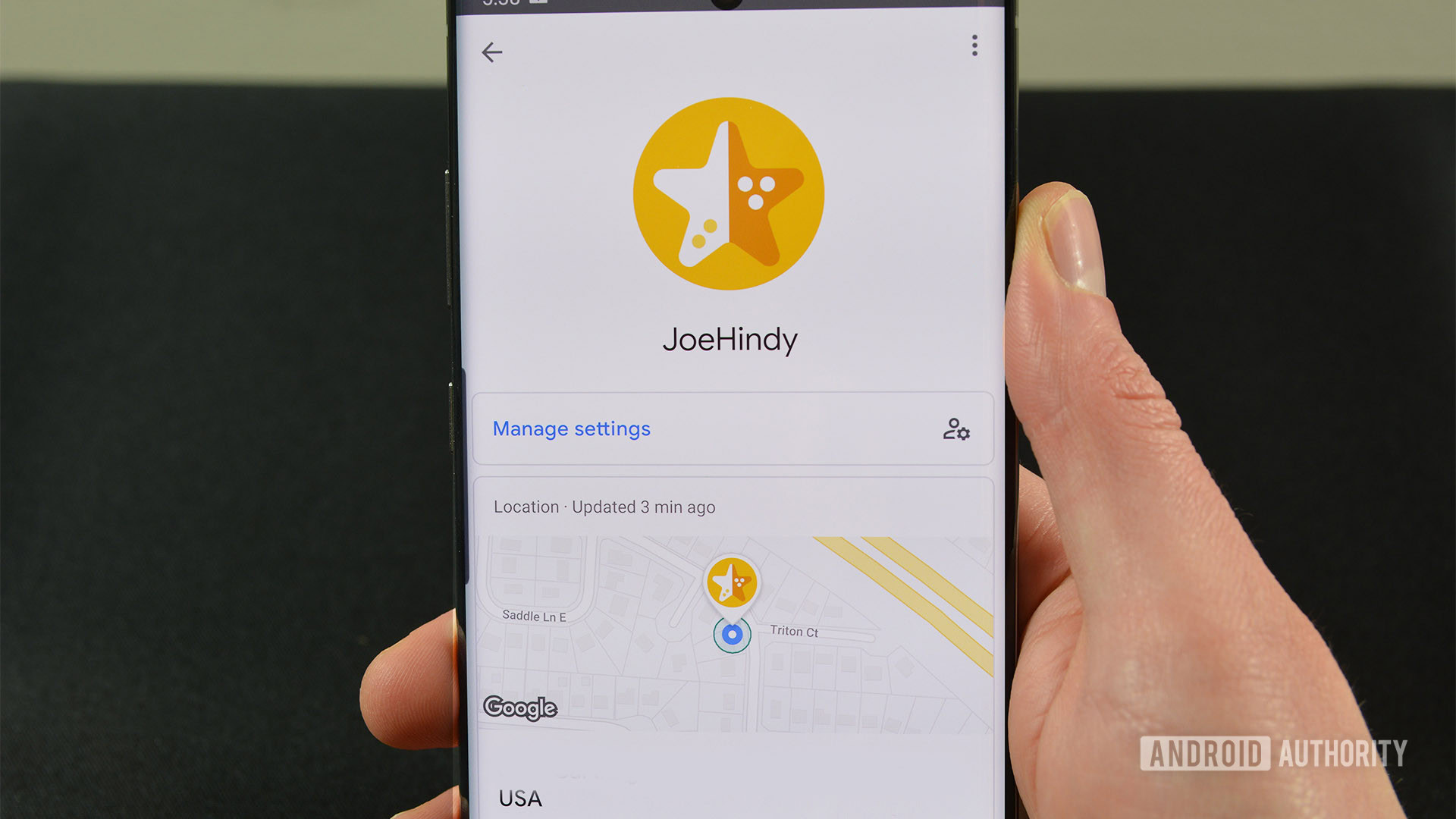
We’ve talked a lot about how to set your Google Family Link restrictions, but what can you actually do? After all, it’s not helpful to run into Family Link mostly blind. Here are a few of the most important features you can manage:
- Restrict or block access to apps from the Chrome Web Store and the Google Play Store.
- Disable Incognito Mode.
- Manage the websites your children can visit on Chrome.
- Limit your child’s ability to grant permissions to websites.
- By default, with Family Link, the Chrome browser tries to block sexually explicit and violent sites from being shown to children.
- Set bedtimes, time limits, and lock devices.
Read more: The best budget Chromebooks
How to block YouTube (and any app or site) on Chromebook

You can also use the parental control features to block YouTube or any other app or site on a Chromebook. Here’s how to go about it.
- Open the Family Link app.
- Select your child’s account.
- Locate the App activity card and click/tap More.
- Locate and tap YouTube.
- Turn the Allow app toggle off.
By blocking the website, you can also block children from accessing YouTube or any other site via Google Chrome. Here’s how to do it.
- Open the Family Link app.
- Select your child’s account.
- Tap Manage settings -> Google Chrome -> Manage sites -> Approved.
- Tap the Create + button at the bottom right corner.
- Add YouTube.
- Tap the Close X button at the top left.
You can also use this setting to allow access to only specific sites using Family Link. Under Google Chrome, you can choose to Allow all sites, Try to block explicit sites, or Only allow approved sites. Use the Manage sites feature to approve the sites.
How to block YouTube (or any app) for a specific time
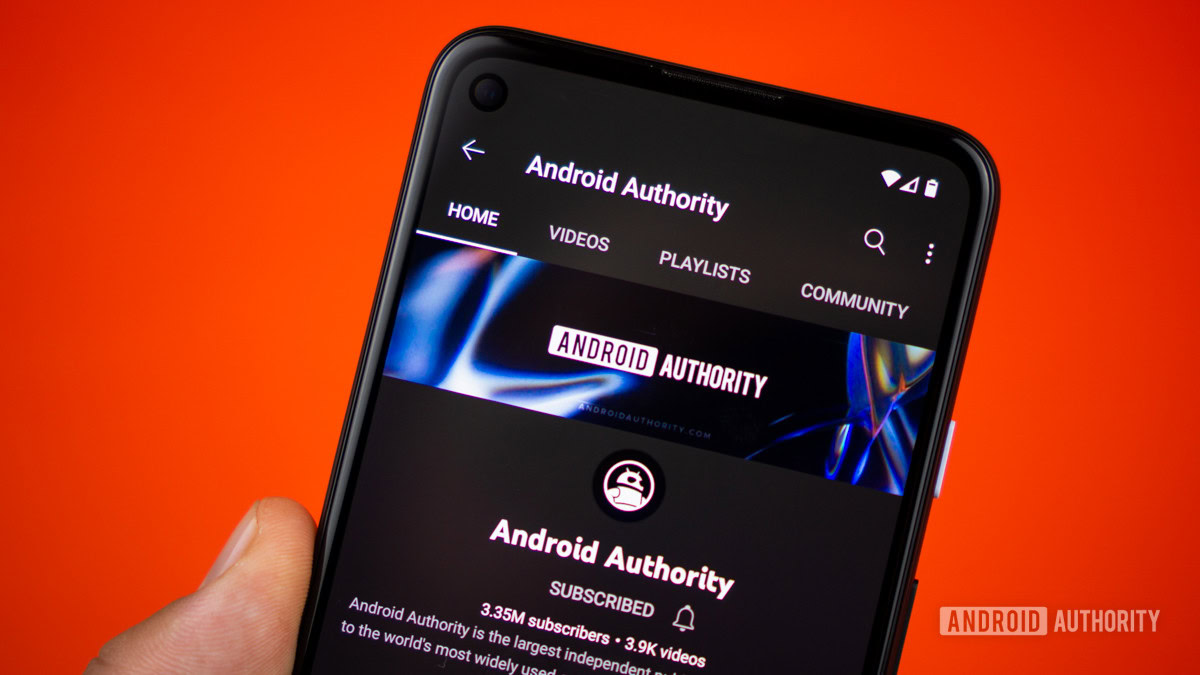
Family Link also has a screen time limits feature that lets you block YouTube for a specific time. You can set a maximum use time limit for YouTube, after which the app will be blocked for the rest of the day. Here’s how to do it.
- Open the Family Link app.
- Select your child’s account.
- Locate the Manage apps card, and select Set limits.
- Next to YouTube, tap the Hourglass, and tap Set limit.
- Set the limit as per your preference.
- Tap Set.
You can repeat these steps for Google Chrome if you want to set a limit for YouTube in Chrome. Instead, you can block YouTube from Chrome using the steps above, and set a time limit for the YouTube app.
See more: How to reset a Chromebook
Current limitations
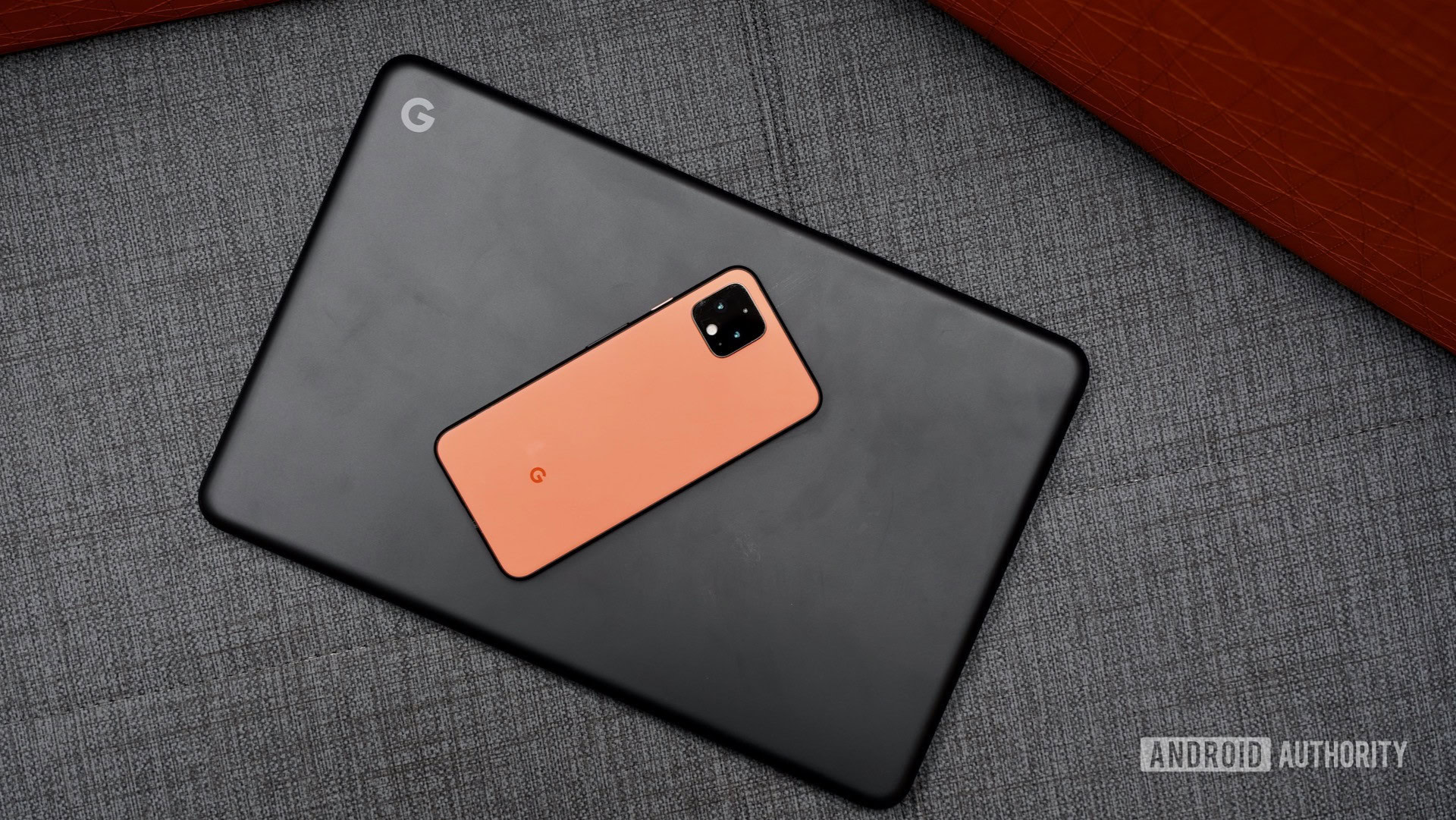
There are still a few features missing from Chromebook parental controls via Google Family Link. One limitation of Google Family Link is that you can only use it to set up accounts for children under 13. After that, children can create and set up regular Google accounts.
Many consider it a big limitation that they cannot use Family Link with accounts set up with Google Workspace. Users (parents) will need a Gmail account to log in and use Family Link to set up parental controls on any of their children’s devices. But there are some good premium third-party services like Mobicip, if you aren’t entirely happy with Google’s solutions.